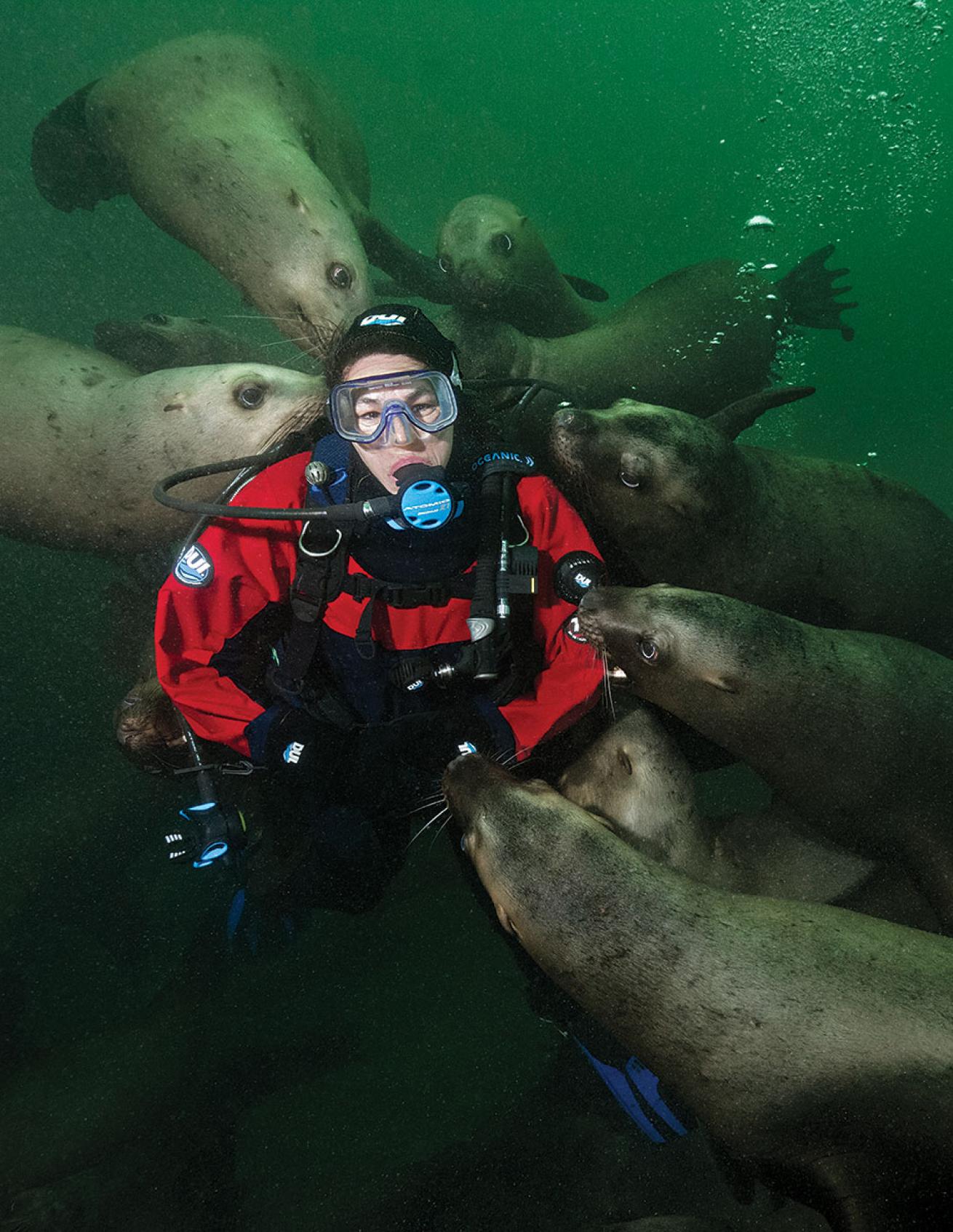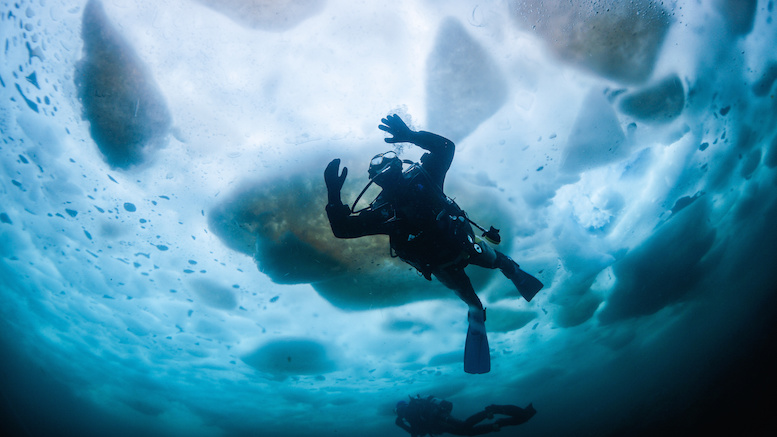When most people picture scuba diving, they imagine tropical reefs, colorful fish, and warm turquoise seas. But in 2025, a new trend is making waves in the scuba diving community: cold water diving. From the kelp forests of California to the icy fjords of Norway, adventurous divers are discovering that the chill brings unique rewards.
Why Cold Water Scuba Diving Is Gaining Popularity
In recent years, interest in scuba diving has shifted beyond the equator. Cold water environments offer untouched ecosystems, fewer crowds, and wildlife encounters that tropical diving can’t match. Seals, orcas, wolf eels, and giant octopuses thrive in colder seas, giving divers unforgettable moments beneath the surface.
Climate awareness has also inspired divers to explore closer to home, reducing long-haul flights and embracing local dive sites. With better gear now available in 2025, including heated undergarments and advanced drysuits, cold water diving is more comfortable and accessible than ever.
Top Cold Water Scuba Diving Destinations in 2025

British Columbia, Canada – Known for nutrient-rich waters, massive sponges, and playful sea lions.
Norwegian Fjords – Dive under the Northern Lights or alongside pods of orcas in winter.
Silfra Fissure, Iceland – A world-famous dive where you can literally swim between two continents.
Tasmania, Australia – Cold but teeming with unique marine life like weedy sea dragons.
Scotland’s Orkney Islands – Legendary wreck diving combined with dramatic underwater landscapes.
Gear Innovations Making Cold Water Diving Easier
The future of scuba diving technology has arrived. In 2025, divers now have access to smart drysuits with built-in heating systems, AI dive computers that adjust safety stops for cold-induced air consumption changes and eco-friendly thermal layers made from recycled ocean plastics.
These advancements mean that even beginner divers can safely enjoy cold water environments with the right training.
Tips for Cold Water Scuba Diving Success
Take a drysuit speciality course – Essential for buoyancy and comfort.
Plan shorter dives – Cold water drains energy and air faster.
Stay hydrated and fueled – Cold conditions dehydrate divers more quickly.
Dive with locals – Their knowledge of currents and conditions is invaluable.
The Future of Scuba Diving Is Diverse
In 2025, scuba diving is no longer defined only by palm trees and coral reefs. Cold water diving is carving out its place as one of the most exciting frontiers in underwater exploration. For divers seeking new challenges, unique wildlife, and untouched underwater worlds, embracing the cold may be the hottest trend of all.

